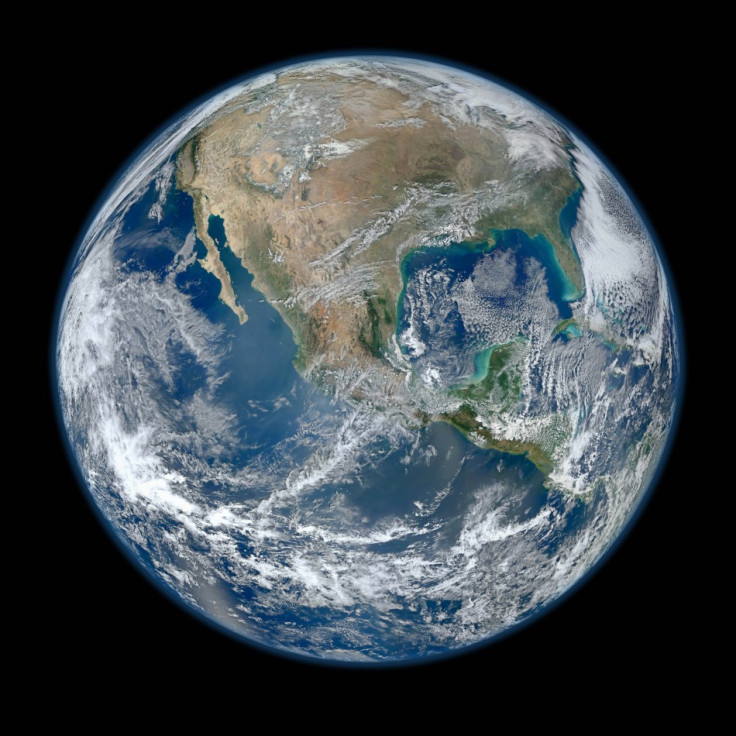Comets Deposited Building Blocks Of Life On Earth: Scientists

Researchers from the Bay Area Environmental Research Institute and the Nasa Ames Research Center have discovered that comets had carried essential life ingredients like amino acids, water and energy when they crashed into earth billions of years ago. They believe that could have been the main reason behind the existence of life on planet earth.
Researchers discovered this when they conducted experiments using powerful laboratory "guns" and computer models which clearly showed the existence of amino acids and water in the comets. Researchers believe that the comets that crashed could have also carried such essential ingredients.
Billions of years ago swarms of comets and asteroids bombarded earth with the remnants still visible as craters on the moon. Scientific evidence suggests that life on earth began at the end of a period 3.8 billion years ago called the "late heavy bombardment" that involved both comets and asteroids. Before that, earth was too hot for living things to survive.
Researchers believe that comets could have been the ideal packages for delivering key ingredients for life like amino acids, water and energy on earth.
Comets are chunks of frozen gases, water, ice, dust and rock that astronomers have termed "dirty snowballs." These snowballs, however, may be 10 miles or more in diameter. Comets orbit the sun in a belt located far beyond the most distant planets in the solar system. Periodically, comets break loose and hurtle inward, where they may become visible in the sky.
"Our research shows that the building blocks of life could, indeed, have remained intact despite the tremendous shock wave and other violent conditions in a comet impact," said Jennifer G Blank, Ph D, researcher at the Bay Area Environmental Research Institute, in a statement.
The research was presented at a meeting oftheAmerican Chemical Society recently.
© Copyright IBTimes 2025. All rights reserved.





















